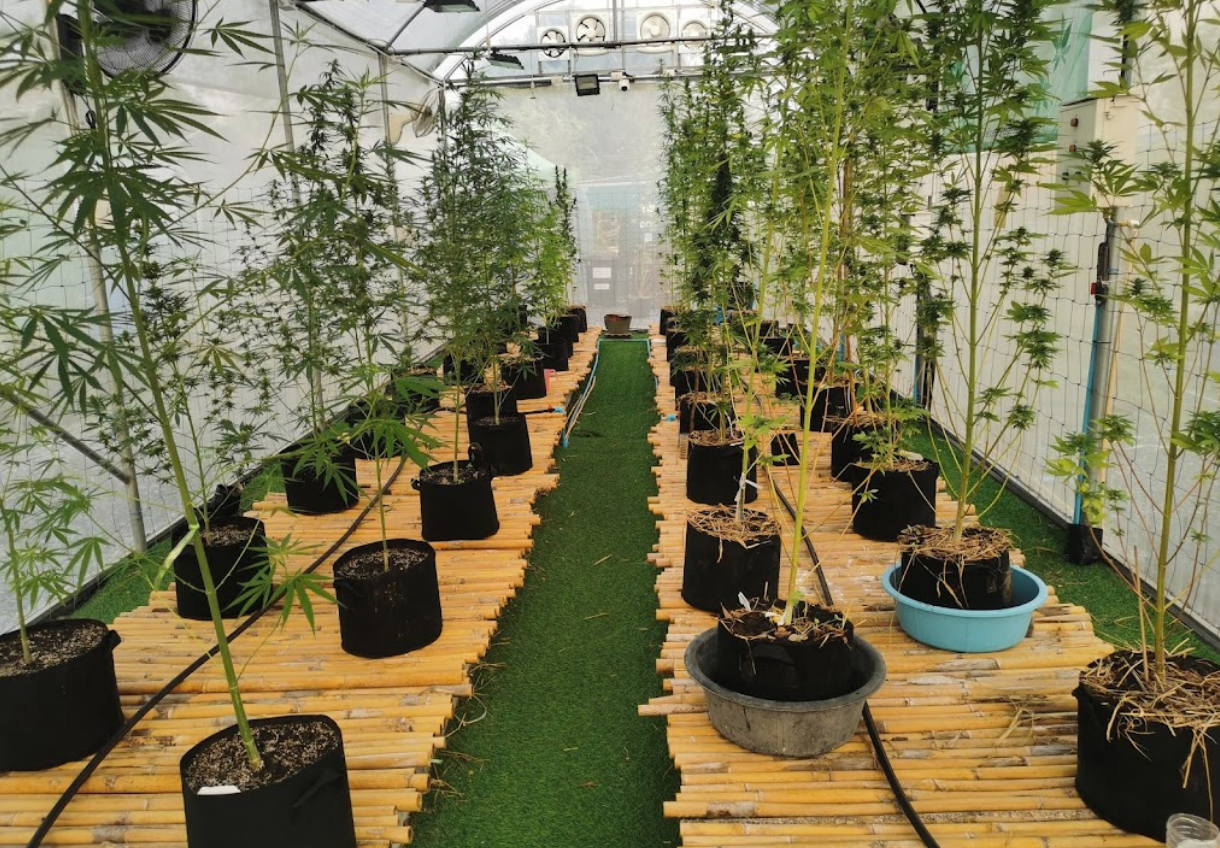Thailand will soon allow residents to grow cannabis for medicinal use. Smoking pot recreationally still carries harsh penalties.
Thailand has said it plans to give away a million cannabis plants to households across the nation, in an effort to generate enthusiasm for a law taking effect next month that will allow residents to grow weed for their personal medicinal use or as a small-scale commercial enterprise.
The project, announced by the country’s health minister this week, is the latest move in Thailand’s effort to position itself as a leader in Asia’s nascent cannabis industry, coming as the United States and other major economies are liberalizing laws on marijuana amid growing evidence of its medical benefits.
Industry analysts say the moves could help lure more international visitors to Thailand and strengthen medical tourism, in a country where a sprawling tourism sector accounted for as much as a fifth of the pre-Covid economy.
But don’t expect California-style cannabis retailers on your next trip to Bangkok or any of Thailand’s postcard-perfect tropical islands. Under current Thai law, the recreational use of highly potent marijuana is still forbidden, and tourists convicted of possessing the drug can face up to 15 years in prison.
Thailand’s campaign started with a 2019 law that allowed the use of marijuana for medical purposes, a first for Southeast Asia. The rules now allow for the sale of cannabis with a low percentage of tetrahydrocannabinol, or THC, weed’s main psychoactive compound.
The mass plant distribution project is scheduled to take place starting next month and will allow residents to grow medical-grade (that is, low-THC) marijuana without government permission. Large-scale businesses will need a permit.
The plant giveaway was intended to coincide with the new law on cannabis growing, which takes effect after June 9, and a recent government decision to remove cannabis from the list of drugs considered illegal under its Narcotics Law, starting the same week of June. News of the project was reported earlier this week by CNN and other news outlets.
Thailand’s vice health minister, Sophon Mekthon, said this month that the government planned to promote the idea of a wellness industry that includes recreational cannabis use, the Bangkok Post newspaper reported.
But it is still unclear whether the part of the cannabis plant that people smoke to get high — its dried flowers — will be taken off the government’s list of forbidden drugs when the Narcotics Law is updated next month, Carl K. Linn, the author of a newsletter about cannabis in Thailand, wrote on Thursday.
If only Cannabidiol, or CBD, and hemp are taken off the prohibition list, he wrote, the government’s plans for promoting recreational pot will be “little more than a dream of what might be — someday — down the proverbial road.”
Either way, Thailand’s slow but steady push to decriminalize marijuana is notable because the country sits in a region where governments have long imposed harsh penalties on people who use the drug. In nearby Singapore, for instance, possessing it carries a jail term of up to a decade, and trafficking it is punishable by death.
Thailand’s decriminalization push has a political dimension. The country is run by a military government that seized power in a 2014 coup, and when the military-appointed National Legislative Assembly voted unanimously in 2018 to allow marijuana use for medical purposes, some thought that might help military-backed parties win support in parliamentary elections the following year.
One such party, Bhumjaithai, is led by Anutin Charnvirakul, who said on the campaign trail in 2019 that small-scale cannabis farming could bring each household an extra $13,000 a year. He was later appointed health minister.
Writing about the plant-distribution measure on Facebook this week, Mr. Charnvirakul presented the country’s new marijuana policies as a business opportunity, projecting the nation could generate more than $300 million a year in revenue from marijuana and hemp.
“It’s a free market,” he wrote. “Just follow the law.”
Source: New York Times
